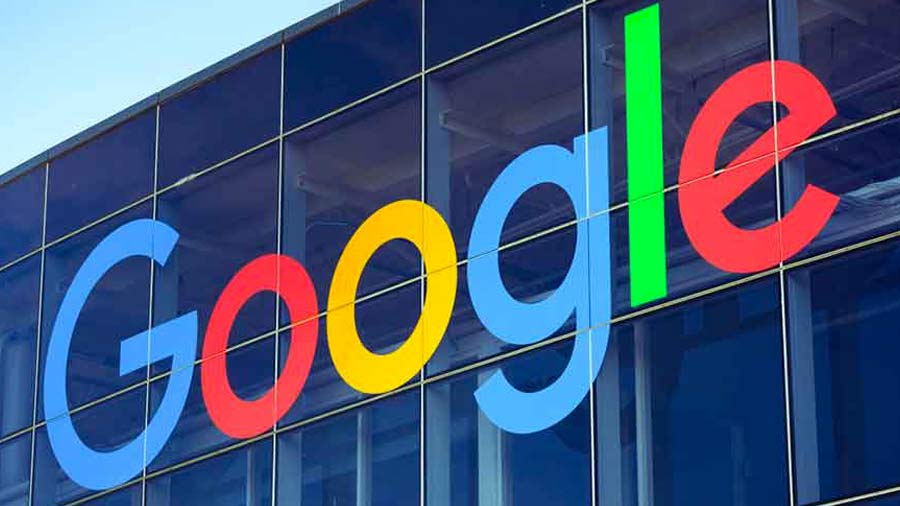Tech titans are often described by a cliched set of adjectives: they are innovators, mavericks and disruptors. What is often forgotten — perhaps even by them — is that invariably, they are also the disrupted. ChatGPT, a sophisticated new artificial intelligence-based chatbot service, is threatening to kill Google’s monopoly as a search engine much of the world reflexively turns to when it needs answers to any question — whether it is on a devastating war or the best restaurants in town. Where traditional search engines serve up links to websites that might be useful, ChatGPT lays out a detailed, contextualised answer. But while ChatGPT might hurt Google, its emergence underlines a much larger truth: the biggest of tech firms and their most sophisticated products have a sell-by date. Much as the printing press, radio and television have been supplanted to some extent by the internet, a technology product that might today seem revolutionary will some day appear obsolete. The faster technology evolves, the shorter the lifespans of its products will be.
That reality holds important lessons not only for individual companies and entrepreneurs but also for entire tech ecosystems. Silicon Valley and its copycats everywhere, from Bangalore to Lagos, are built on hubris, driven by the belief that coding can solve all of the world’s problems. It is that self-congratulatory mindset that allows a pathbreaking innovator in the electric car industry, Elon Musk, to conclude that he can also conquer outer space, AI and, now, the challenging questions surrounding the notion of free speech in a social-media era. Yet that very approach also creates a dog-eat-dog world where every bright tech entrepreneur believes that she or he has the answers to humanity’s struggles. ChatGPT is, once again, a poignant example. Mr Musk once backed the project. Now, his latest comments seem to suggest that he sees the AI platform as a dangerous upstart, even a threat.
Indeed, the tech world is littered with companies that are shadows of their past giant selves. Kodak defined cameras, but failed to adapt to digital photography and is today a laggard. Xerox made the same mistake with the photocopy machines it was once synonymous with. Facebook and Amazon shook up the publishing world and the retail sector some years ago. Since then, Chinese superapps by giants like Tencent and Alibaba have out-innovated them. China-made TikTok continues to outdo American social media apps in the possibilities it offers to users — a key reason why younger audiences globally are addicted to it, even though India has banned it. The strongest antivirus and anti-hacking systems are vulnerable to breaches. All of this is merely a reminder that it is a mistake to view the upgradation of tech as anything more than the constant evolution of human ideas and creativity. The biggest tech brands will fall, and new ones will rise, only to also fall some day. No tech can change that.











